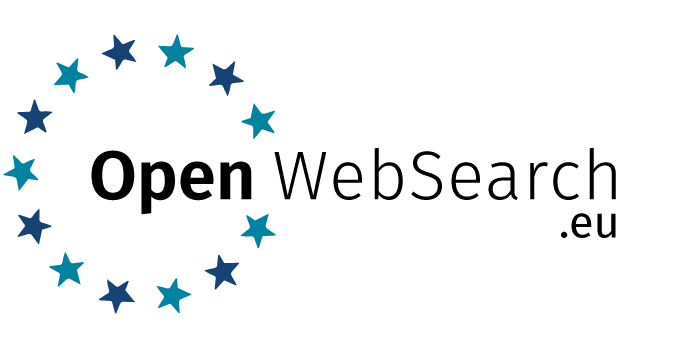Proceedings #wows24 are out
Organized by a committee of researchers of the OWS.EU consortium, the 1st “International Workshop on Open Web Search“ took place as a side event of #ECIR24. The hybrid workshop welcomed over 30 participants to discuss and workshop ideas for the future of #OpenWebSearch.
A Keynote by Negar Arabzadeh from the University of Waterloo on “Evaluation of Information Access Systems in the Generative Era“ kicked off the day, followed by presentations and discussions. Eight papers have been selected with topics like “Assembling four Open Web Search Components“, “A Mastodon Corpus to Evaluate Federated Microblog Search“ and “Efficiently Scoring the Health-relatedness of Web Pages“ to name just a few.
The proceedings are out now and can be accessed here.
The workshop was organised and the proceedings were edited by:
Sheikh Mastura Farzana, German Aerospace Center DLR
Maik Fröbe, Friedrich-Schiller-Universität Jena
Gijs Hendriksen, Radboud University
Michael Granitzer, University of Passau
Djoerd Hiemstra, Radboud University
Martin Potthast, Leipzig University
Saber Zerhoudi, University of Passau



